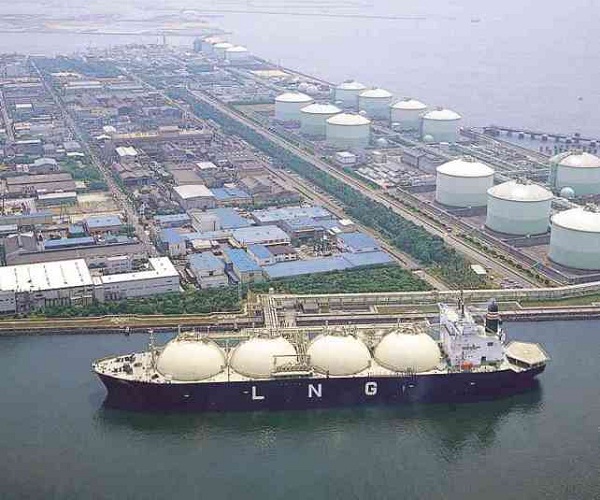 Eleven of the world’s top experts on carbon capture and storage (“CCS”) have joined an amicus brief in support of the U.S. Environmental Protection Agency’s emission standard for new coal-fired power plants. The standard is based on the greenhouse gas emissions reductions that can be achieved through the implementation of partial CCS, and one of the central issues in the case is whether CCS technologies are adequately demonstrated and available for installation at coal-fired power plants. The scientists that signed on to the brief believe that the answer to this question is a resounding “yes.”
Eleven of the world’s top experts on carbon capture and storage (“CCS”) have joined an amicus brief in support of the U.S. Environmental Protection Agency’s emission standard for new coal-fired power plants. The standard is based on the greenhouse gas emissions reductions that can be achieved through the implementation of partial CCS, and one of the central issues in the case is whether CCS technologies are adequately demonstrated and available for installation at coal-fired power plants. The scientists that signed on to the brief believe that the answer to this question is a resounding “yes.”
“The Republican state attorneys general and fossil fuel industry groups that have sued to overturn EPA’s emission standard for new coal-fired power plants want to keep polluting the atmosphere with greenhouse gases for free,” said Michael Burger, author of the brief and executive director of the Sabin Center for Climate Change Law at Columbia Law School. “But leading scientists on carbon capture and sequestration agree with EPA that this technology is readily available and deployable, and will only get cheaper and better over time. This rule is a wholly reasonable approach to helping solve our climate crisis.”
The eleven scientists have a wealth of expertise on and first-hand experience with CCS technologies and projects. They agree that there are no technical barriers to the deployment of CCS at new coal-fired power plants. As noted by Jon Gibbins, Director of the United Kingdom CCS Research Centre and Professor of Power Plant Engineering and Carbon Capture at the University of Sheffield:
“Technology to capture the carbon dioxide from the exhaust stacks of power plants is now available from a number of major engineering companies under normal commercial terms. Carbon dioxide transport by pipeline is well proven and the U.S. is blessed with abundant and widespread EOR opportunities and CO2 storage capacity. So there is absolutely no reason to believe that new power plants with CCS, and retrofitted CCS too, cannot be delivered in the US whenever they are required and at overall costs to electricity consumers that are comparable to those of other low-carbon electricity supply systems.”
There are also many large-scale CCS projects in place today that demonstrate the viability of these technologies, including a CCS system at the Boundary Dam power plant in Saskatchewan, Canada that has captured approximately 800,000 tons of CO2 in the past year. This is more than twice the amount of emissions that a new 500 megawatt coal-fired power plant would need to capture in order to comply with the emissions standard (354,000 MT CO2 per year).
One of the key points raised in opposition to the Environmental Protection Agency’s determination that CCS systems are “adequately demonstrated” for power plants is the fact that these systems are not yet deployed on a wide scale within the power sector. But the scientists believe this situation is more a reflection of the lack of regulation than the technical viability of the systems – without a mandate in place for power plants to reduce their CO2 emissions, they have no incentive to install costly pollution abatement technologies. This will change with the promulgation of the federal emission standard and other climate change mitigation policies. According to Gary Rochelle, a professor of chemical engineering at the University of Texas at Austin, “[w]hen we get regulation, the technology will deliver.”
The scientists that signed on to the brief include: Roger Aines (Lawrence Livermore National Laboratory), Sally Benson (Stanford University), S. Julio Friedmann (Lawrence Livermore National Laboratory), Jon Gibbins (United Kingdom CCS Research Centre), Raghubir Gupta (RTI International), Howard Herzog (Massachusetts Institute of Technology), Susan Hovorka (University of Texas at Austin), Meagan Mauter (Carnegie Mellon University), Ah-Hyung (Alissa) Park (Columbia University), Gary Rochelle (University of Texas at Austin), Jennifer Wilcox (Colorado School of Mines).
Read the full brief here.
For additional information, please contact Michael Burger, michael.burger@law.columbia.edu, 212-854-2372, or Jessica Wentz, jwentz@law.columbia.edu, 212-854-0081.


